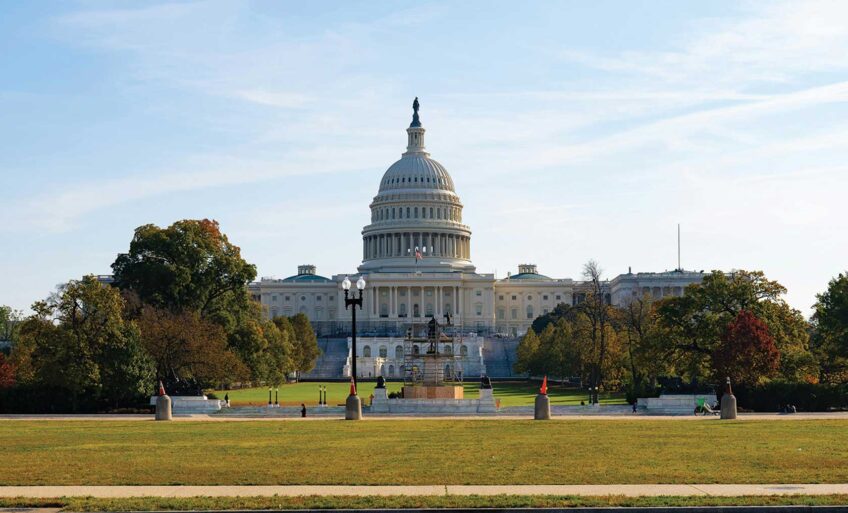Racial discussions still important, even after Obama’s election
It’s rare when the Bay State Banner’s editorial page and the Boston Globe’s Derrick Jackson are aligned with Jeff Jacoby, also of the Globe. But they were all recently in sync in rejecting any urgency to Attorney General Eric Holder’s call for frank talk on race in America.
The Banner preferred to focus on President Barack Obama’s election as evidence that diligent effort “can overcome racial discrimination” and said black militants were delighted to hear Holder’s words (“Time to take note,” Editorial, March 5, 2009). Jackson, in a March 7, 2009, Globe column, said Holder’s statement was “largely needless, given that the nation now has a black president,” and Jacoby opined on Feb. 25, 2009, that we’ve been “jawboning about race for two centuries” and “more race talk is the last thing we need.”
With due respect to the apparently dialogue-averse Banner editorial board and Globe journalists, I side with Professor Charles J. Ogletree Jr., who in the Banner’s own March 5 Roving Camera said, “This speech started a long-needed discussion of race in America.”
There are two major points I believe the Banner, Jackson, Jacoby and many other commentators have underplayed: that interracial relations in the United States remain, to our detriment, arms-length at best, and that Holder’s frank talk does not have to center around resentful debating and accusations about each other’s deficiencies.
Look closely at Holder’s speech and you see the uncomfortable truths we really don’t want to face. He cited our self-segregation in “race-protected cocoons,” and the “polite, restrained mixing that now passes as meaningful interaction.” Can anyone dispute this? He talked about how away from work hours, “on Saturdays and Sundays, America in the year 2009 does not in some ways differ significantly from the country that existed almost 50 years ago.”
A wise colleague, William Smith of Emerson College’s Center for Diversity in the Communication Industries, once told a group that the true test is “amity.” Beyond respect, full inclusion, equal opportunity and economic parity lies the still distant horizon of interracial friendship. Unless you are one of the fortunate few who grew up mixing freely, socializing and forming enduring friendships with people of other races, the hurdles of ingrained social suspicion and segregation are hard to surmount.
I’ve been a participant in and organizer of numerous dialogues around racial, ethnic and religious diversity that have allowed me to step into others’ shoes, open my heart and recognize my ignorance and stereotyping. Our social separateness is so profound that I believe formal dialogue with facilitators is the only practical way for a racially mixed group to engage each other productively, going beyond superficial levels to talk honestly about painful experiences and build trust and new relationships.
It’s also important to know that frank discussions, even about an emotion-laden, sometimes inflammatory subject like race, do not need to include angry finger-pointing or name-calling. That is not to say there aren’t uncomfortable moments in a dialogue or that sparks don’t fly occasionally. But with good facilitators and ground rules, people agree to listen more than they talk and everyone eventually gets to say what they need to say.
We won’t reach Dr. King’s “Beloved Community” until the walls between us come down. Each of us, if we so choose, can take personal steps to make it happen. This is the message I take away from Eric Holder’s speech.
Jeff Stone is the director of the City-Wide Dialogues on Boston’s Ethnic and Racial Diversity. He is a resident of Milton.
EDITORIAL RESPONSE
There is no question that comity among the nation’s various racial and religious groups is highly desirable. That, however, is not the primary issue here. A more important question is: How should African Americans respond to Barack Obama’s election as president?
Older African Americans remember when racial discrimination barred them from many opportunities. Harvard alumni worked as redcaps in South Station, Dartmouth grads took positions as Pullman porters and Boston University alumni were postal clerks. Nonetheless, many still sought an education, even though they would likely be overqualified for the jobs available to them.
With Obama’s victory, now the sky is the limit. That event is a great inspiration that should not be vitiated one whit by any concern about whether many whites still harbor negative attitudes toward blacks. That is an issue for another time, at least well past Obama’s first 100 days.






